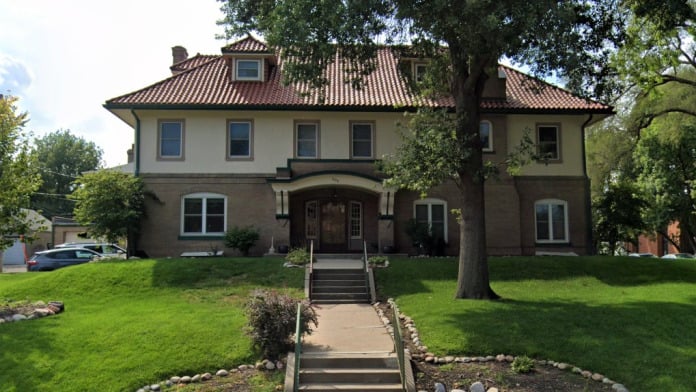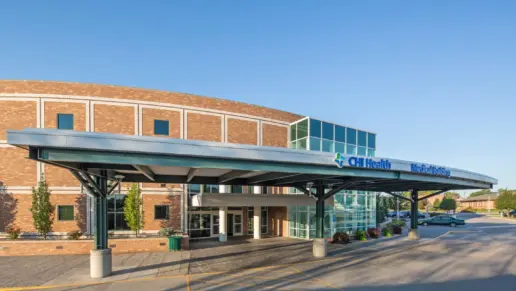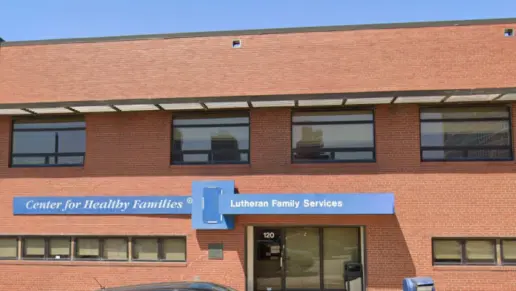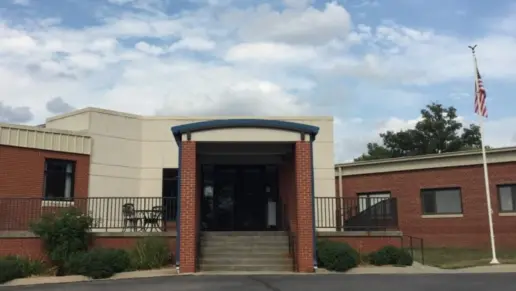ARCH Halfway House is a great program to put into practice everything you have learned. In this place, I recovered the hope that I had lost. Arch taught me how to be a real man and a productive member of society, they have saved my life.
About ARCH Halfway House
In Omaha, Nebraska, ARCH Halfway House is a facility that treats both substance abuse and dual diagnoses. They take a holistic approach to assist you in taking back control and creating a fulfilling life. They enable you to attain long-term recovery and improve your general quality of life through holistic approaches, work and life skill development and individual and group therapy.
They offer group therapy to create social support because it lets you talk about your experiences and hear other people’s viewpoints. You will also participate in weekly one one-on-one sessions that emphasize accountability and personal empowerment. Their scientifically supported therapeutic modalities which include motivational interviewing, behavioral therapies and interpersonal therapies are designed to detect and change maladaptive behaviors.
Volunteering or part-time work during your recovery process offers beneficial work experience that promotes self-worth and interdependence. You will take pride in your living environment while putting the knowledge, abilities and tactics you acquired at the center to use in practical situations. The center places a strong emphasis on accountability and residents participate in cooking, cleaning and yard work which improves their sense of ownership and aids in their recovery.
They customize their programs to fit your specific needs and foster a sense of safety and trust during your treatment. They assist you in starting a new life by emphasizing empowerment. An aftercare program will be available to you once you have finished the treatment protocol. With assistance from peers staff and alumni, this group meets twice a month to help you adjust to transitional living.
The alumni association’s ongoing connection provides sober support and fosters a sense of camaraderie as you support others in their recovery and share your own experiences. As a testament to their dedication to providing quality care the center has kept its CARF accreditation since 2016.
Facility Overview
Rehab Score
Gallery

Location
Accepted Insurance
Other Forms of Payment
Self-pay involves paying for treatment out of your own pocket. You can use savings or credit, get a personal loan, or receive help from family and friends to fund your treatment. If you don't have insurance or your insurance plan doesn't cover a specific program, self-pay can help ensure you still get the care you need.
Sliding scale payments are based on a client's income and family size. The goal is to make treatment affordable to everyone. By taking these factors into account, addiction recovery care providers help ensure that your treatment does not become a financial burden to you or your family, eliminating one barrier to care.
Addiction Treatments
Levels of Care
Treatments
The goal of treatment for alcoholism is abstinence. Those with poor social support, poor motivation, or psychiatric disorders tend to relapse within a few years of treatment. For these people, success is measured by longer periods of abstinence, reduced use of alcohol, better health, and improved social functioning. Recovery and Maintenance are usually based on 12 step programs and AA meetings.
During drug rehab in Nebraska, you'll participate in therapies that address the many issues that contribute to addiction. Treatment includes physical, mental, emotional, and relational aspects. These methods provide the tools you need to achieve long-term recovery.
Opioid rehabs specialize in supporting those recovering from opioid addiction. They treat those suffering from addiction to illegal opioids like heroin, as well as prescription drugs like oxycodone. These centers typically combine both physical as well as mental and emotional support to help stop addiction. Physical support often includes medical detox and subsequent medical support (including medication), and mental support includes in-depth therapy to address the underlying causes of addiction.
Substance rehabs focus on helping individuals recover from substance abuse, including alcohol and drug addiction (both illegal and prescription drugs). They often include the opportunity to engage in both individual as well as group therapy.
Programs

Clinical Services
Experiential therapy is a form of therapy in which clients are encouraged to surface and work through subconscious issues by engaging in real-time experiences. Experiential therapy departs from traditional “talk therapy” by involving the body, and having clients engage in activities, movements, and physical and emotional expression. This can involve role-play or using props (which can include other people). Experiential therapy can help people process trauma, memories, and emotion quickly, deeply, and in a lasting fashion, leading to substantial and impactful healing.
Research clearly demonstrates that recovery is far more successful and sustainable when loved ones like family members participate in rehab and substance abuse treatment. Genetic factors may be at play when it comes to drug and alcohol addiction, as well as mental health issues. Family dynamics often play a critical role in addiction triggers, and if properly educated, family members can be a strong source of support when it comes to rehabilitation.
Group therapy is any therapeutic work that happens in a group (not one-on-one). There are a number of different group therapy modalities, including support groups, experiential therapy, psycho-education, and more. Group therapy involves treatment as well as processing interaction between group members. The ARCH Halfway House runs peer evaluations and peer driven groups such as Phase Group, Cares & Concerns, and Group Conscience.
In individual therapy, a patient meets one-on-one with a trained psychologist or counselor. Therapy is a pivotal part of effective substance abuse treatment, as it often covers root causes of addiction, including challenges faced by the patient in their social, family, and work/school life.
Life skills trainings involve all the skills a person must have in order to function successfully in the world. These include time management, career guidance, money management, and effective communication. Truly successful addiction recovery is based on the ability to not only live substance-free, but to thrive. Life skills teaches the practical necessities of functioning in society, which sets clients up for success in life, and therefore sobriety. The ARCH Halfway House helps in the development of life skills like cleanliness, hygiene, timeliness, communication, using support groups.
Trauma therapy addresses traumatic incidents from a client's past that are likely affecting their present-day experience. Trauma is often one of the primary triggers and potential causes of addiction, and can stem from child sexual abuse, domestic violence, having a parent with a mental illness, losing one or both parents at a young age, teenage or adult sexual assault, or any number of other factors. The purpose of trauma therapy is to allow a patient to process trauma and move through and past it, with the help of trained and compassionate mental health professionals.
Amenities
-
Residential Setting
-
Private Setting
Accreditations

The Commission on Accreditation of Rehabilitation Facilities (CARF) is a non-profit organization that specifically accredits rehab organizations. Founded in 1966, CARF's, mission is to help service providers like rehab facilities maintain high standards of care.
CARF Accreditation: Yes
Contact Information
604 South 37th Street
Omaha, NE 68105






